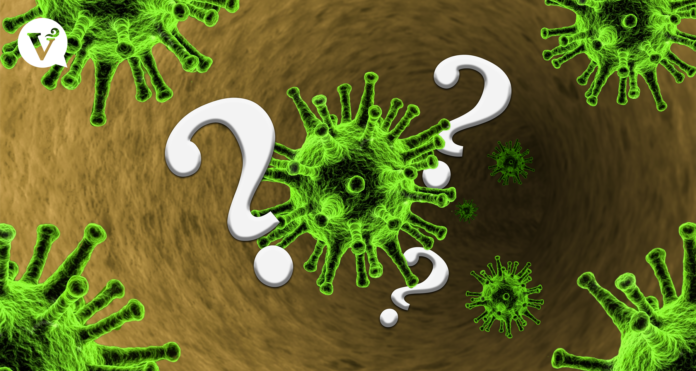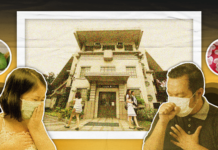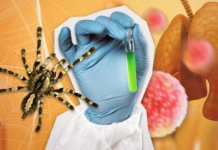THE PHILIPPINES has detected its first case of monkeypox amid the rise in Covid-19 cases.
On July 29, the Department of Health (DOH) confirmed the country’s first monkeypox case: a 31-year-old Filipino who arrived from overseas. But what is monkeypox?
Monkeypox was first discovered in research monkeys in 1958 and was found to be a close relative of the smallpox virus. The source of the disease, however, remains unknown.
While monkeypox was initially reported in several central and western African countries, the disease later spread throughout other continents this year. Most of the cases were linked to international travel to those countries where monkeypox commonly occurs.
On July 23, the World Health Organization declared monkeypox as a “public health emergency of international concern.” To date, 83 countries have reported cases of monkeypox.
Monkeypox can be transmitted through skin-to-skin, face-to-face and mouth-to-skin contact, as well as contact with bodily fluids and objects used by an infected person. It has not yet seen to be airborne.
Symptoms include fever, headaches, swollen lymph nodes, muscle aches and backaches, and rashes that can be found in the genital area, as well as on other parts of the body.
There is currently no cure for monkeypox while vaccine studies are limited.
In an interview with the Varsitarian, Dr. Teodoro Herbosa, special adviser to the National Task Force Against Covid-19, said that the country won’t implement border control, but instead focus on monitoring entry from abroad.
“Border control is not recommended by the WHO, so we will not implement it,” Herbosa said. “The key is you monitor entry; if there is someone from abroad that enters with monkeypox and you identify these at the border, you will immediately isolate this person and do contact tracing.”
He also said that monkeypox is not as fatal as Covid-19.
“We have a higher mortality [rate] in Covid-19,” he added. “Most of the cases of monkeypox reported in the UK, US have a low mortality rate: less than 1 percent. So much much lower than Covid-19, [which is] 1 to 2 percent, so it’s less fatal, but very infectious.”
DOH officer-in-charge Maria Rosario Vergeire earlier said that closing the country’s borders would be “irrational” since monkeypox is different from Covid-19 and is known so far to only spread through close contact.
The public is still advised to continue wearing masks and observe physical distancing as well as being informed of the disease.
“If you are a Filipino and you are traveling to countries that have monkeypox, you should be aware of how you interact with people in that country,” Herbosa said. “If you come from abroad and start to develop [monkeypox], we encourage you to report to our local health officials so that you can be tested.” Adrian L. Parungao













